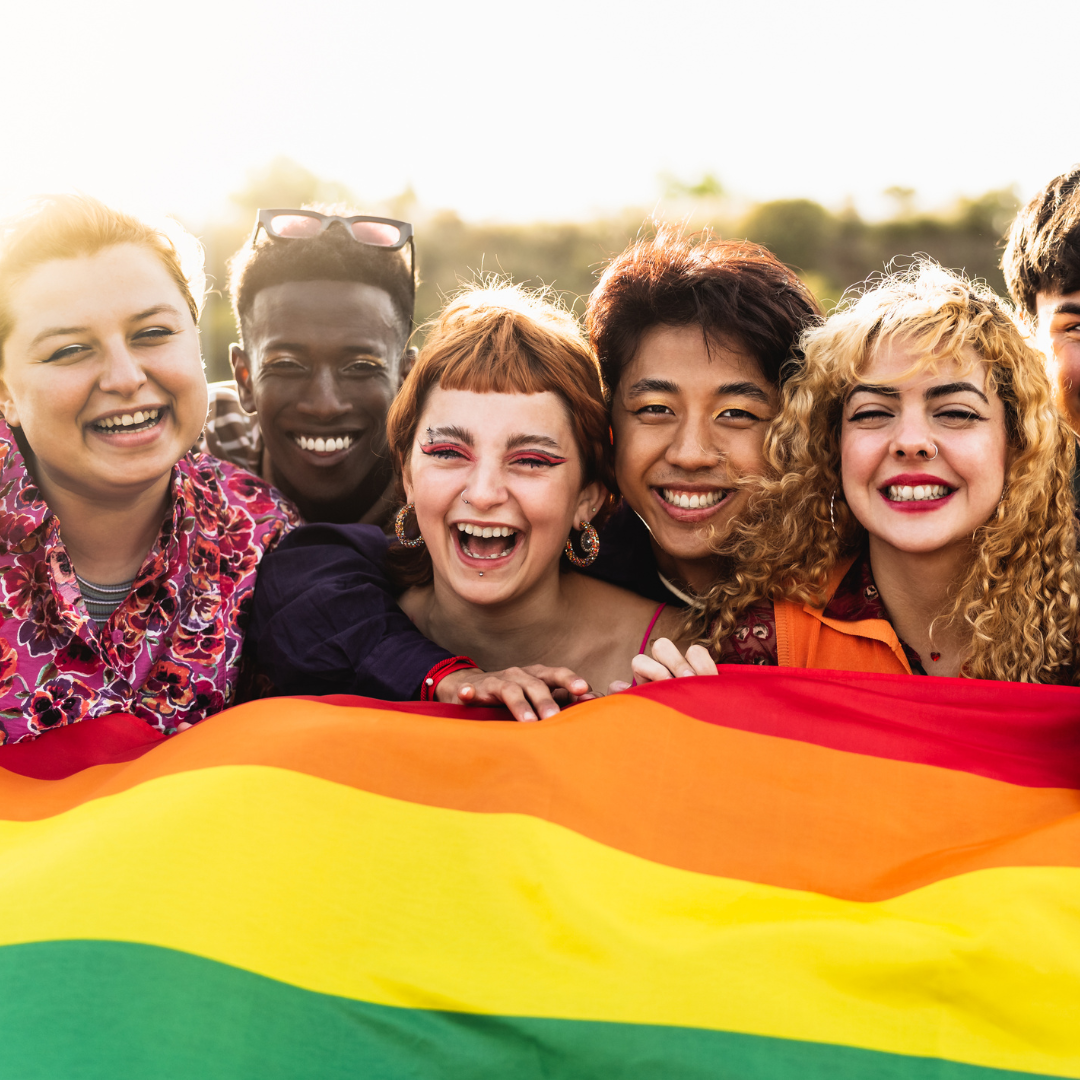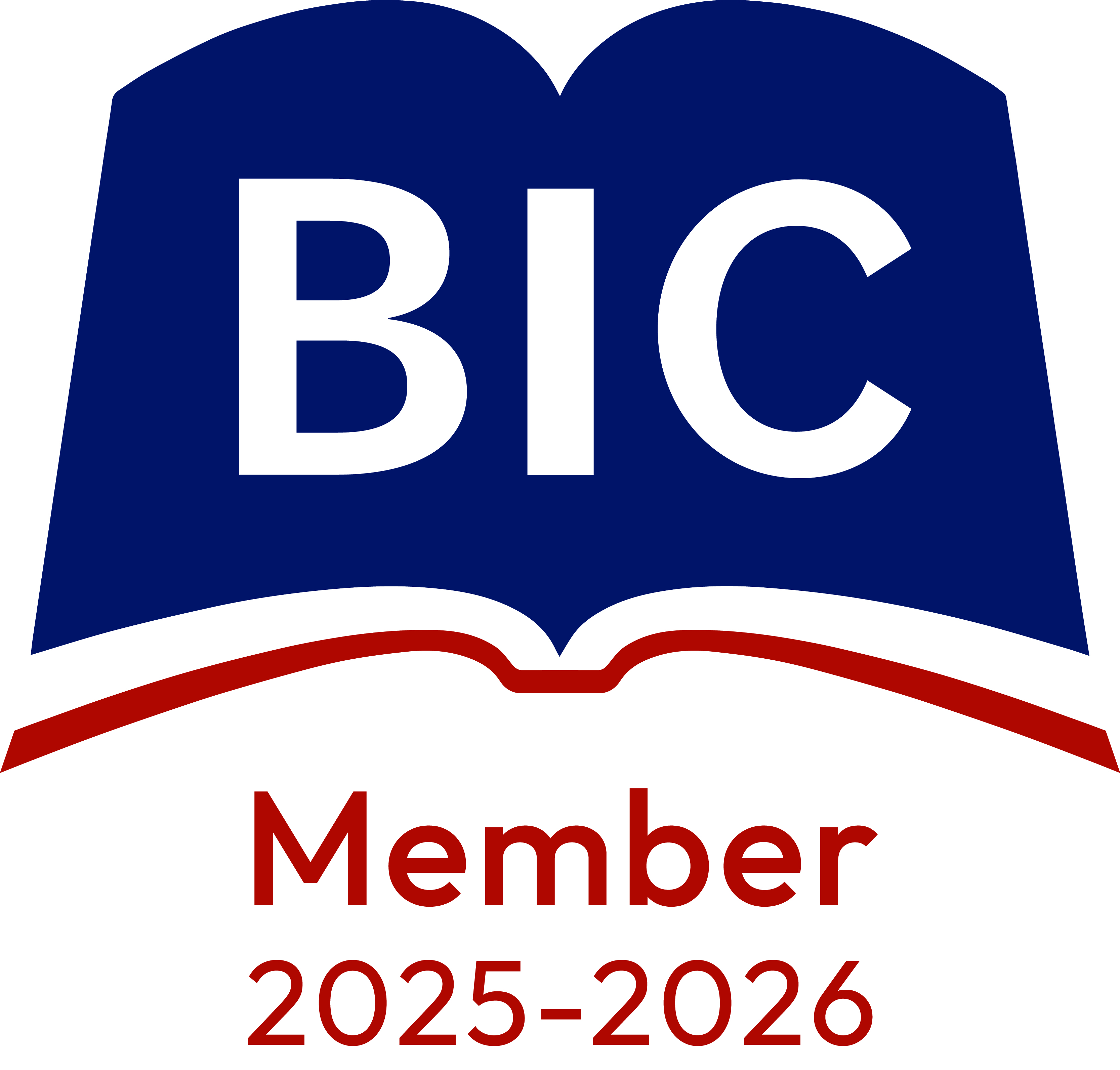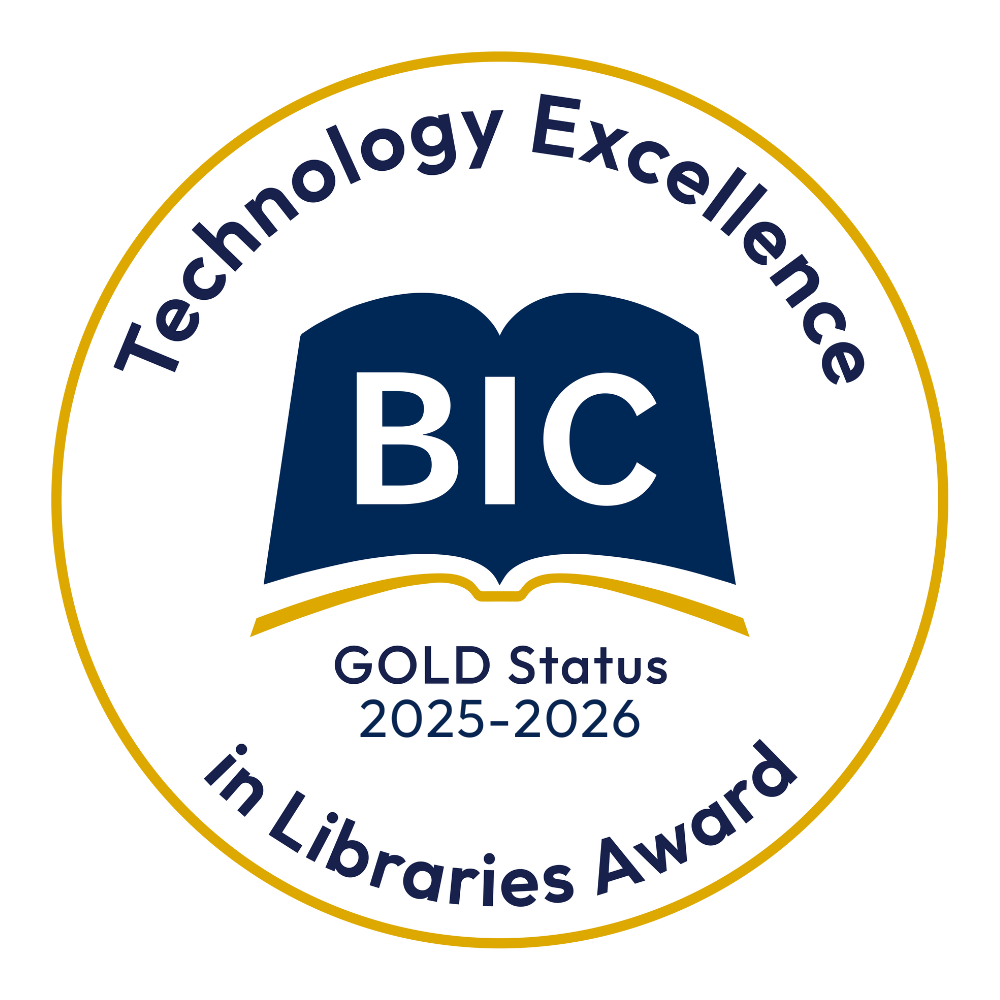For help, advice and telephone ordering call our team on 0121 666 6646
Are you sure you wish to delete this basket?()
This action cannot be undone.
Sorry, something went wrong
Please report the problem here.
A young person's guide to creating inclusive Pride events with author Anna Zoe Quirke
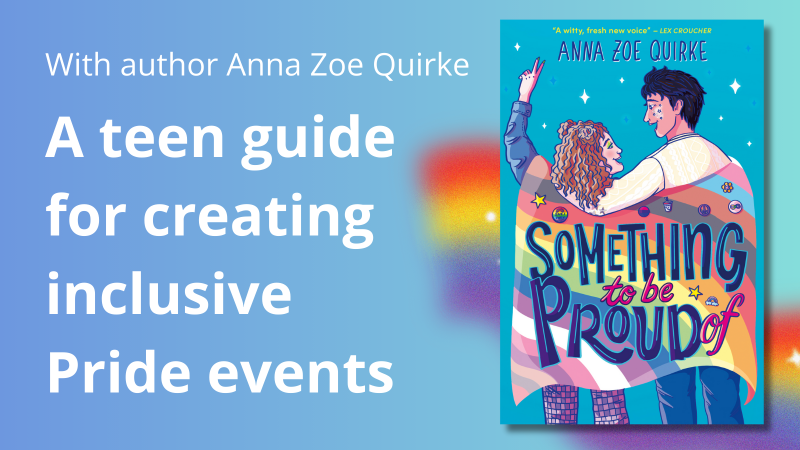
June 10th 2024
Giving young people the opportunity to plan their own Pride event can empower them. Planning, organising, and hosting a LGBTQ+ community celebration can help young people build practical skills for future success, as well as validate their experiences as LGBTQ+ youth and allies.
Ensuring that your young people have the tools to create any inclusive event for neurodivergent and disabled people is important. In Anna Zoe Quirke's debut novel, Something to be Proud of, two LGBTQ+ teens start an activist group and fight to put on their town's very first Pride festival - one that's accessible to all LGBTQ+ people, including disabled LGBTQ+ people. Anna takes over our blog to advise young people (and adults!) on how to ensure their Pride event is inclusive to all.
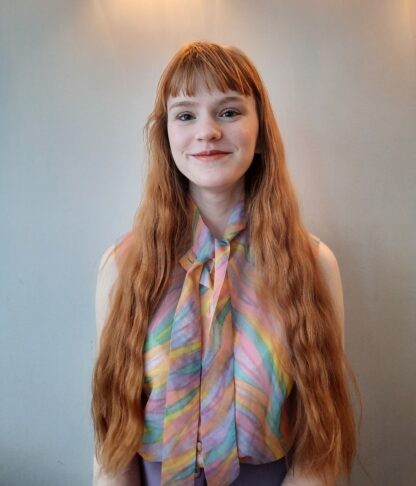 |
Anna Zoe Quirke| Author Something to be Proud of is Anna's debut novel. Anna is a queer and neurodivergent writer and librarian from Lancashire who writes inclusive books and books about diversity. Their favourite thing to do is to write books for teenagers about chaotic queer people doing their darn best, and finding the people who love them because of who they are, and not in spite of it. |
Something to be Proud of was inspired by my experiences as an autistic queer person and the lack of accessibility my friends and I have faced in LGBTQ+ spaces. Representation for lots of different identities has improved hugely even just in my lifetime. However, we’re often still lacking the acknowledgement that people often exist at the intersection of multiple marginalised identities. We can’t just separate ourselves out into convenient pieces.
Everyone deserves to be seen, loved and accepted for their whole entire self. Below, I’m going to offer some suggestions as to how you might like to go ahead setting up your own inclusive Pride event – or how to make an existing one even more welcoming to all different kinds of people!
 Do your research
Do your research
A really important first step is to do some research. Maybe you’re disabled yourself, maybe you’re not. Either way, it’s still a good idea to research further and consider lots of different kinds of accessibility needs.
Remember that not everyone with the same disability will have exactly the same needs either. Autistic people, for example, can often have completely opposing needs. One autistic person might be a sensory-seeking autistic and love sensory input like bright lights and loud music but for more sensory-avoidant autistics, that may well be their worst nightmare. This is why it’s important to really take that time to do your research and seek out the accounts of people with lived experience of disabilities who are taking the time to share their experiences and educate others.
It’s also just a really powerful thing to recognise that you don’t know everything and open yourself up to the possibility of learning more.
Get specific
Where are you planning on holding your event? What does that local community look like?
It’s really important to make sure you’re catering to the needs of your specific community. You could even create something like a questionnaire to make sure that you’re doing this. And try to remember to think about intersectionality; what are the intersections that people in your community exist at? Have a think about how you can make those people feel as seen and loved as you possibly can.
"It's a really powerful thing to recognise that you don't know everything and open yourself up to the possibility of learning more." |
Look to the past
What’s been missing from previous pride events (if there have been any)? Was it accessible in any way? Were there wheelchair accessible routes if there was a parade? Were there sign language interpreters? How did it cater for different sensory needs? Were there quiet spaces? (And try to make sure they really are quiet spaces – often I’ve attended places with quiet rooms and they’ve been tiny rooms with so many people in that they cease to actually be quiet!) Were there plenty of disabled toilets? Gender neutral bathrooms? Did they use inclusive language? Did they make it clear somewhere what was happening at different times and how far away everything was?
It can feel really overwhelming trying to consider so many things at once, but looking at what was missing from previous events is a great first step. From there, you can start to build an event that’s better than anything that’s come before.
What about you?
It’s important to think about others, yes, but what about you? If you could design an environment where you feel completely calm, comfortable, safe and seen for all that you are, what would that environment look like? How can you move towards creating that space?
Collaborate
You don’t have to do this all on your own. In fact, I very much suggest you don’t! Not only is everything easier when you can share the load with other people, but collaborating with others is also a great way to add more ideas into the mix, get practice considering others’ needs, and to have people to celebrate the wins/problem solve with when you come up against obstacles.
"The fact that you want to make the world a more inclusive place is such a great place to start from." |
Let's celebrate!
Finally, I’d just like to say thank you. The fact that you want to make the world a more inclusive place is such a great place to start from.
Whether you put on an incredible, accessible event, or you just build a foundation for future events in years to come, you still have the intention to help people feel accepted and celebrated for exactly who they are, and that’s a really lovely thing. Celebrate that and let it keep on growing inside you.
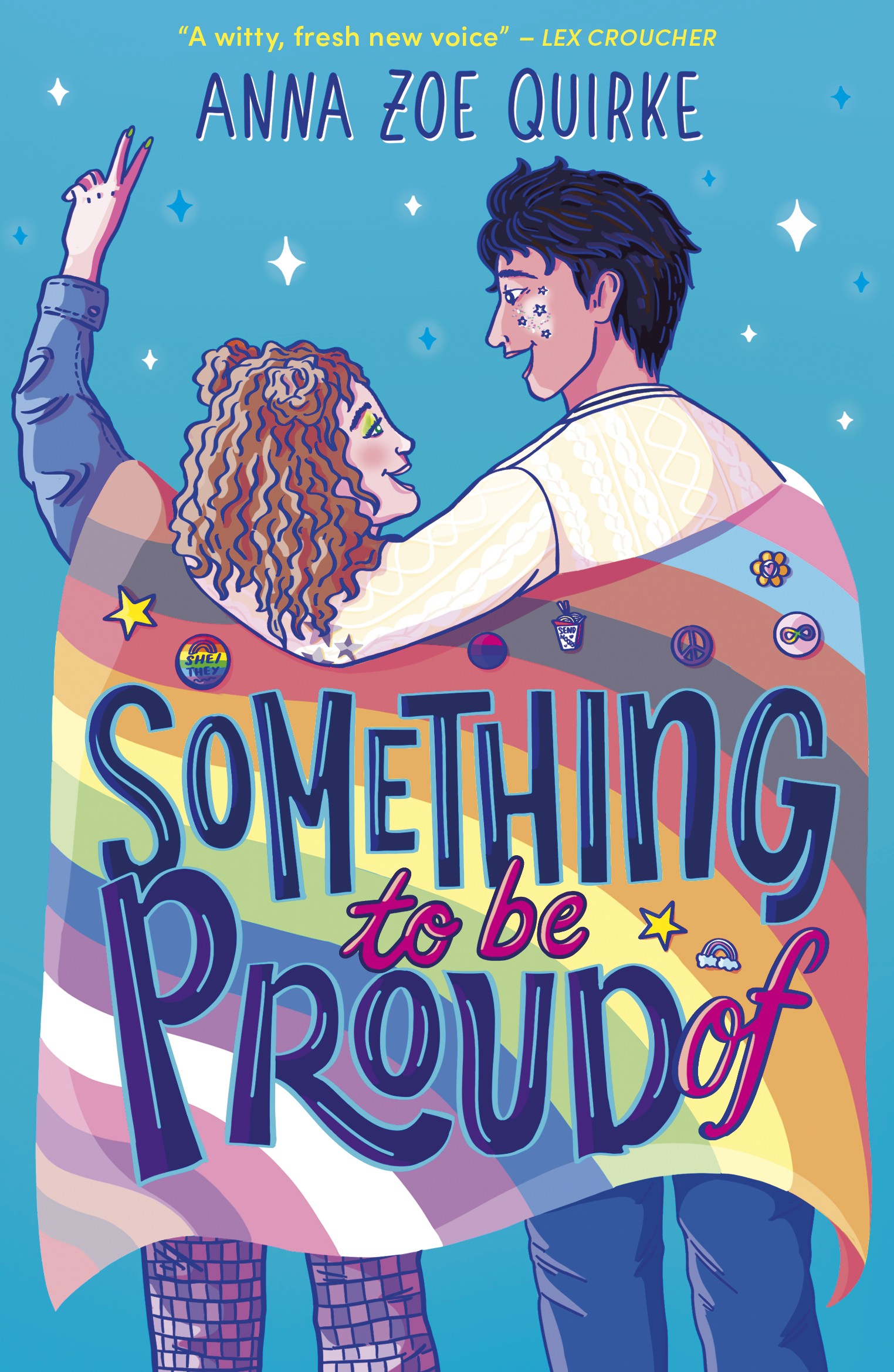 |
Something to be Proud ofImogen Quinn is a chaotic bisexual with dreams of becoming a comedian, crushing stereotypes of autistic people. When she decides to put on her town's first Pride festival, she enlists the help of the openly gay captain of the football team, Ollie Armstrong. Soon a dream team of an (infuriatingly perfect) head girl, musicians, an artist and a star baker join Imogen and Ollie on their festival mission. The town better listen out - they're getting ready to make some noise! £6.65 Save 26% |
|
More secondary LGBTQ+ fiction books for teenagers
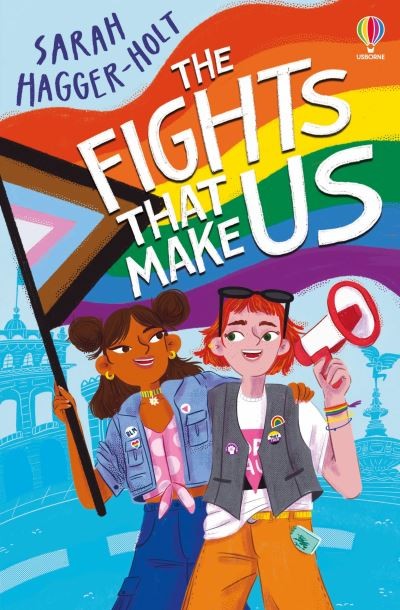 |
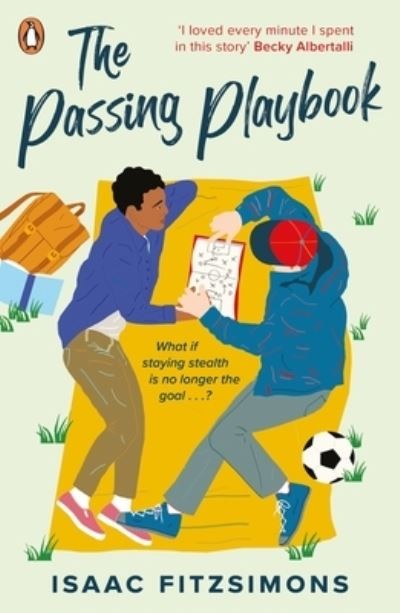 |
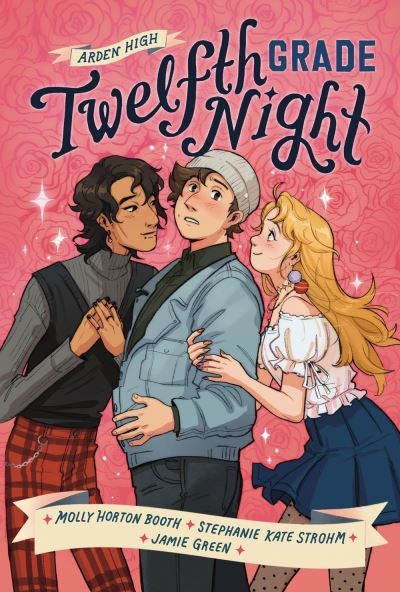 |
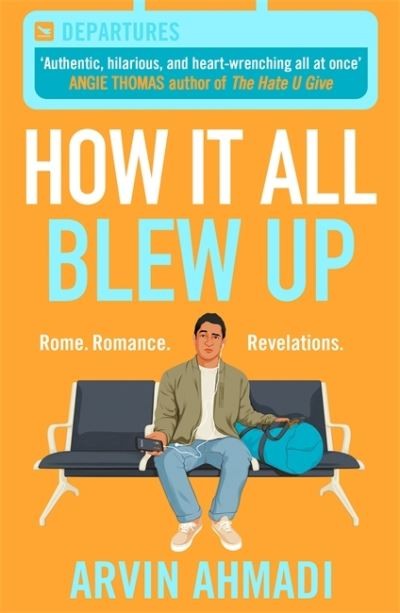 |
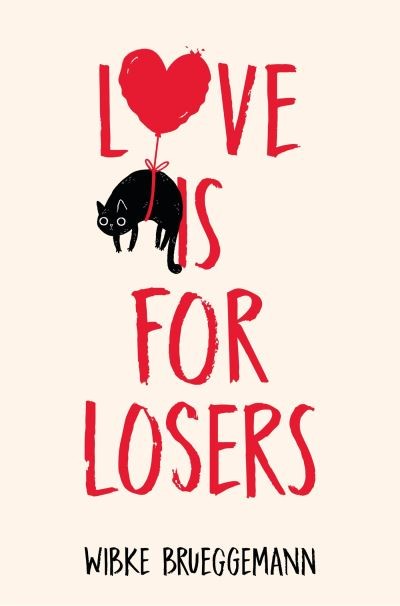 |
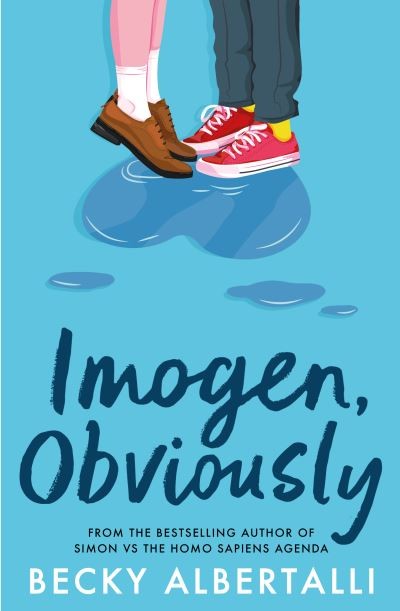 |
| 📚 BROWSE LGBTQ+ fiction for SECONDARY |
|
|
Read next:Verse novels as a tool for changing lives with author Tia Fisher |
|
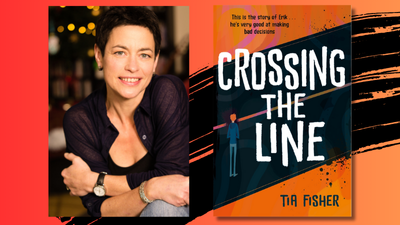 |

